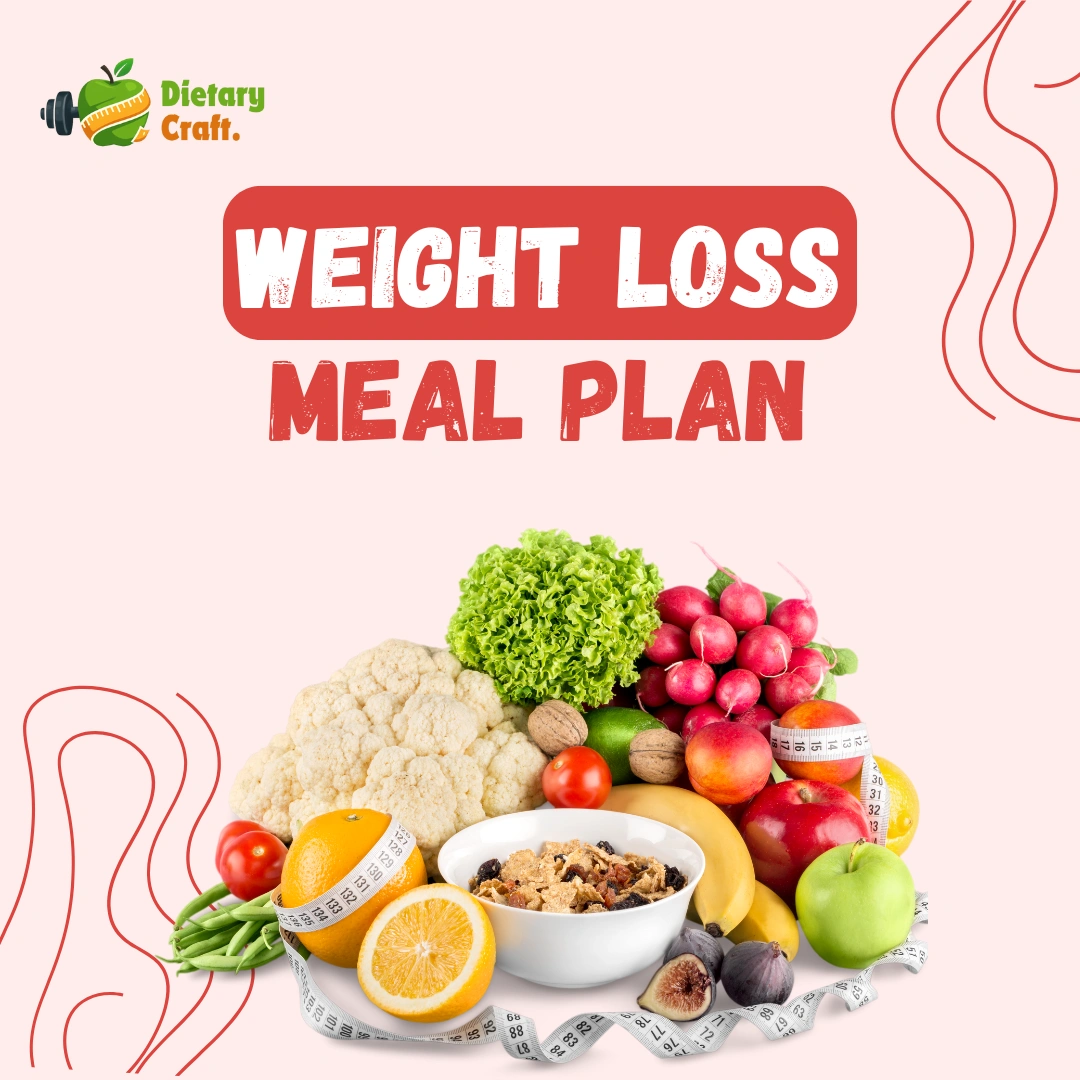Weight loss often feels tied to strict diet plans and rigid food rules. But losing weight doesn’t always require following a structured diet. Sometimes, small, consistent lifestyle changes can make a powerful impact. This article outlines the exact habits and strategies I followed to shed 5 kilos in just 3 weeks—without counting calories or following a set meal plan.
The Problem with Traditional Diet Plans
Conventional diet plans often lead to short-term success followed by rebound weight gain. They usually involve food restrictions, measuring portions, and calorie tracking—approaches that can feel overwhelming or unsustainable. In my experience, diets created more anxiety around food than results.
Instead of following a rigid program, I focused on reshaping my daily habits—particularly around how, when, and why I ate. The results were not just effective, but also surprisingly easy to maintain.
1. I Started Walking More Every Day
The first change I made was increasing my daily movement. I didn’t join a gym or start running—I simply committed to walking at least 8,000 steps every day.
Transform Your Body in 4 Weeks!
Join our weight loss program today
- Personalized Meal Plan
- Daily Follow-up
- Weekly Grocery Lists
- 24/7 WhatsApp Support
- Educational Resources

Walking after meals, especially dinner, helped with digestion and stabilized my blood sugar levels. Over time, I increased my pace and duration, but never treated it as a workout. It was just a part of my routine, whether I was taking calls, listening to music, or getting some fresh air.
Why It Works
Low-intensity movement like walking boosts metabolism, burns calories without raising cortisol levels, and supports fat oxidation. It’s also easy on the joints and fits into any schedule.
2. I Ate Mindfully Without Skipping Meals
Rather than eliminating foods, I began paying closer attention to hunger and fullness cues. I didn’t cut out carbs or fats—I simply avoided eating out of boredom, stress, or habit.
I slowed down at meals, chewed thoroughly, and stopped eating when I was about 80% full. This allowed my body to regulate food intake naturally without feeling deprived.
Why It Works
Mindful eating improves digestion and helps prevent overeating. It retrains the brain to recognize natural hunger signals, which often get distorted by restrictive diets or emotional eating.
3. I Cut Out Processed Snacks—Not Whole Foods
One of the most impactful changes I made was removing ultra-processed snacks from my day. I stopped eating chips, cookies, and packaged sweets—not because a plan told me to, but because I realized they weren’t satisfying my hunger or giving me energy.
Instead, I switched to whole food snacks like fruits, nuts, boiled eggs, or yogurt. These kept me fuller for longer and reduced cravings.
Why It Works
Processed foods are engineered to be hyper-palatable but often contain refined sugars and trans fats that contribute to fat storage and slow metabolism. Whole foods provide fiber, protein, and nutrients that support fat loss and hormonal balance.
4. I Improved My Sleep and Set a Fixed Bedtime
Getting consistent, high-quality sleep turned out to be one of the most powerful tools for weight loss. I started going to bed at the same time every night and aimed for at least 7–8 hours of sleep.
Better sleep made me less hungry during the day and more energized to stay active. I also noticed fewer sugar cravings and a more stable mood.
Why It Works
Sleep regulates hormones that control hunger and satiety—ghrelin and leptin. Lack of sleep increases cravings, especially for high-calorie foods, and slows metabolism. Restorative sleep allows the body to burn fat more efficiently overnight.
5. I Drank Water Before Every Meal
This small habit made a big difference. Drinking a glass of water 15–20 minutes before meals helped reduce hunger and improved portion control. It also prevented me from mistaking thirst for hunger.
I didn’t track how much water I drank throughout the day—I simply started meals hydrated and listened to my body’s needs.
Why It Works
Hydration supports metabolism and digestion. Drinking water before meals naturally reduces calorie intake by increasing feelings of fullness, which contributes to gradual fat loss over time.
My Results After 3 Weeks
Within three weeks of following these simple, sustainable habits, I lost 5 kilos. There was no meal plan, no tracking app, and no forbidden foods. I felt more in control of my choices, experienced fewer energy crashes, and developed a better relationship with food.
The most important part? I didn’t feel like I was on a diet at all.
Final Thoughts
Weight loss doesn’t have to be tied to structured meal plans or restrictive rules. By tuning into your body’s signals, moving regularly, sleeping better, and cutting out unnecessary processed foods, it’s possible to see real results—naturally.
These changes aren’t just easy to implement; they’re sustainable for life. If diet plans haven’t worked for you in the past, try building habits instead. The scale will follow.
Frequently Asked Questions (FAQs)
Can I really lose weight without following a diet?
Yes. By changing lifestyle habits—like sleep, movement, hydration, and mindful eating—you can create a calorie deficit and support fat burning without following a formal diet.
Is walking enough to burn fat?
Consistent walking can significantly boost daily calorie expenditure, improve insulin sensitivity, and support fat loss, especially when paired with a balanced lifestyle.
What is the 80% full rule?
It’s a practice where you stop eating when you feel about 80% satisfied. It helps prevent overeating and allows your body time to recognize fullness signals.
How does poor sleep affect fat loss?
Poor sleep increases hunger hormones, slows metabolism, and raises stress hormones like cortisol—all of which hinder fat loss.
Should I completely avoid snacks?
Not necessarily. The key is replacing processed, high-sugar snacks with whole, nutrient-dense options that keep you full and energized.
